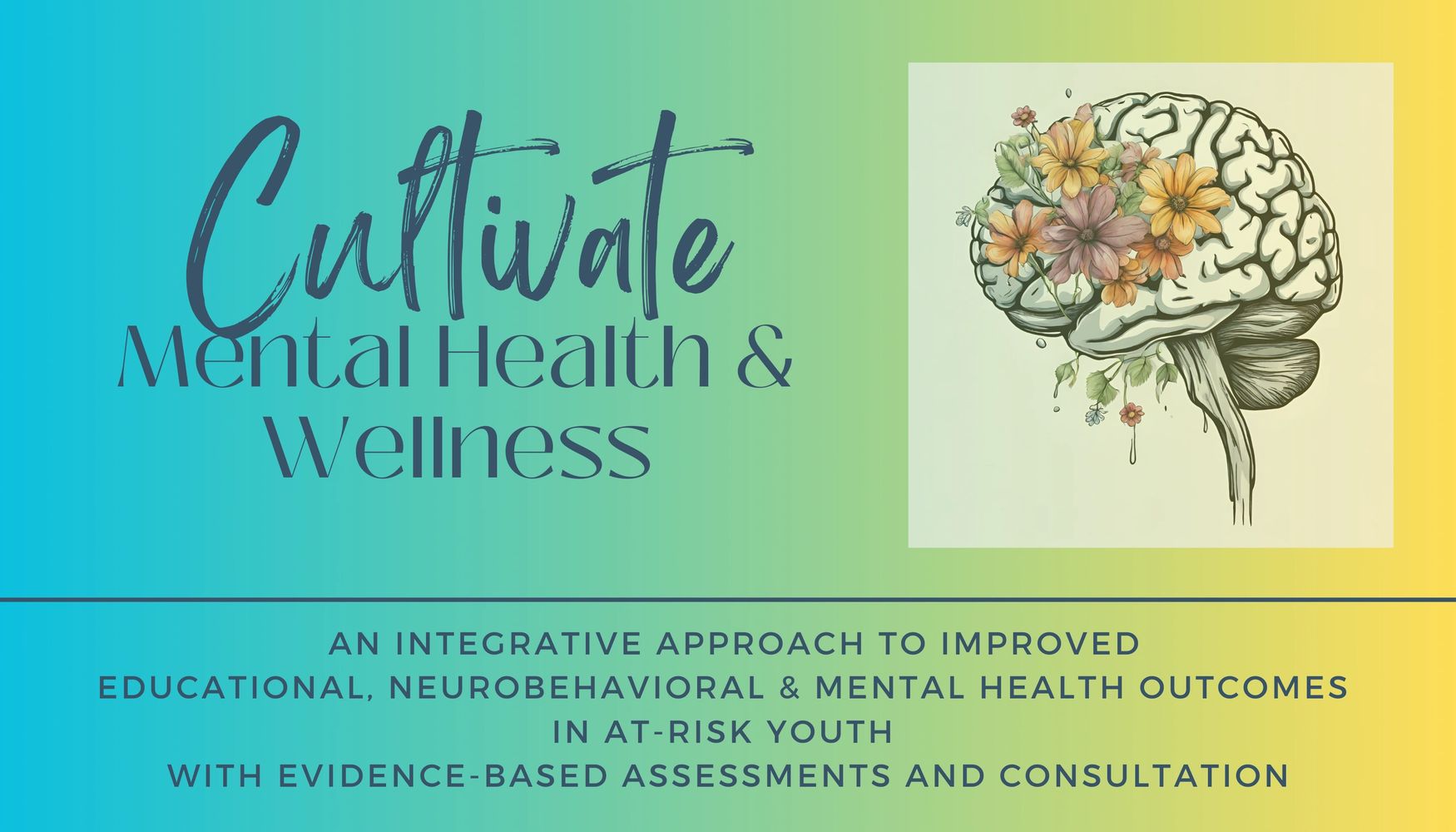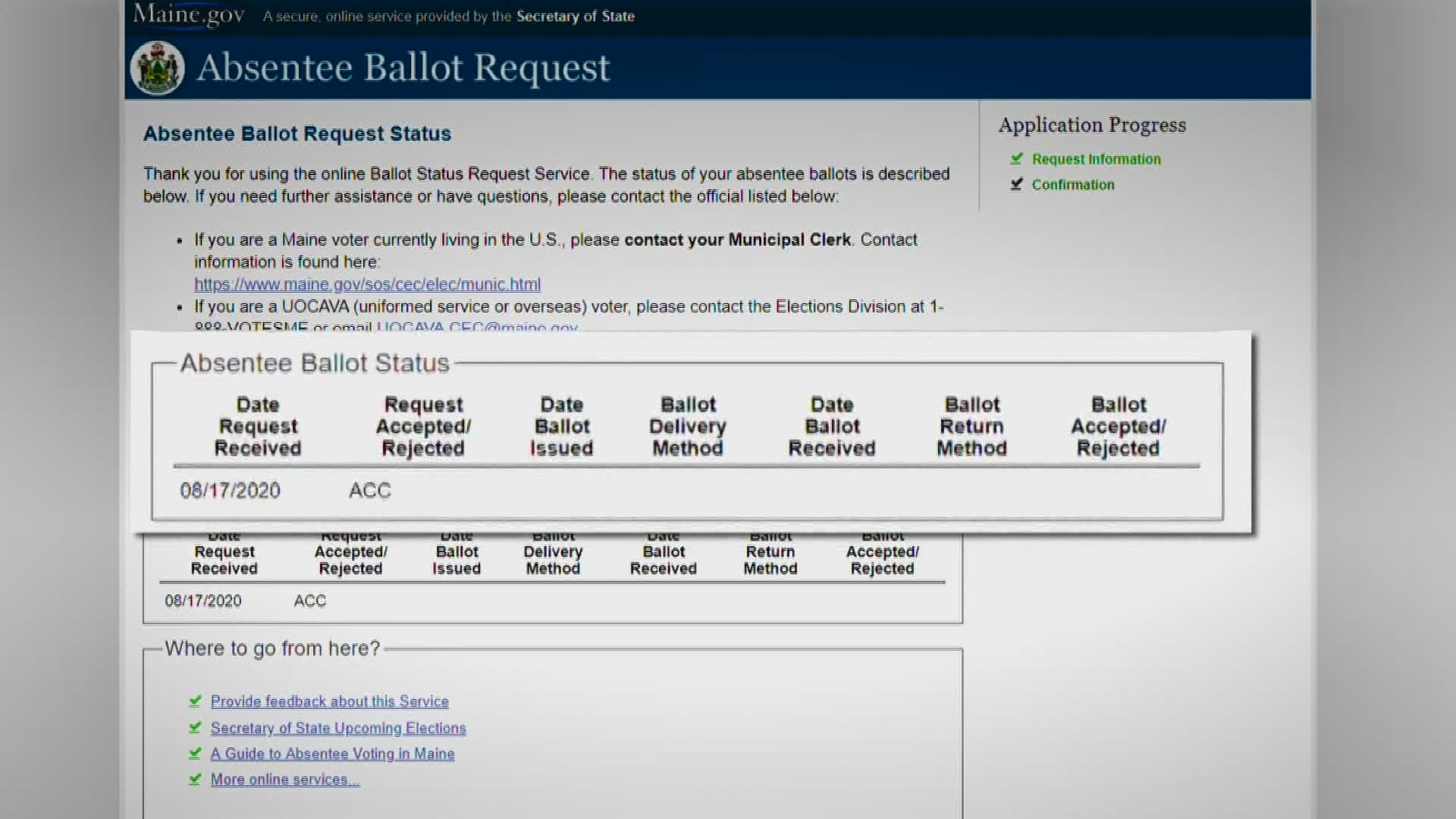How To Cultivate Mental Health Acceptance In Your Community

Table of Contents
Understanding and Addressing the Stigma Surrounding Mental Illness
The stigma surrounding mental illness is a major obstacle preventing individuals from seeking help. This stigma often manifests as shame, fear of judgment, and discrimination, leading to isolation and delaying crucial treatment. The consequences of this stigma are far-reaching, impacting not only individuals but also their families and the wider community. Untreated mental health conditions can contribute to increased healthcare costs, reduced productivity, and higher rates of substance abuse.
Strategies for Combating Stigma:
- Education is key: Educate yourself and others about various mental health conditions, their symptoms, and available treatments. Community education programs and workshops can be incredibly effective.
- Open conversations: Promote open and honest conversations about mental health. Encourage individuals to share their experiences without fear of judgment.
- Challenge negative stereotypes: Actively challenge negative stereotypes and biases surrounding mental illness. Replace misconceptions with accurate information and empathy.
- Inclusive language: Use inclusive and person-first language when discussing mental health. Avoid stigmatizing terms and focus on respect and understanding.
- Share personal stories (if comfortable): Sharing personal stories, where appropriate, can humanize the experience and help break down barriers. This demonstrates vulnerability and fosters connection. Remember to always prioritize your own well-being and only share what you feel comfortable disclosing.
Creating Supportive Environments and Resources
Accessible mental health resources are essential for fostering a supportive community. This includes readily available mental health services, support groups, and crisis intervention programs. Community organizations play a vital role in connecting individuals with these resources and providing a network of support.
Building a Supportive Community Network:
- Identify local resources: Identify and promote local mental health services, including therapists, psychiatrists, support groups, and crisis hotlines.
- Partner with organizations: Collaborate with community organizations, schools, and places of worship to offer support programs and workshops.
- Create safe spaces: Create safe and inclusive spaces for individuals to share their experiences and connect with others facing similar challenges.
- Advocate for policies: Advocate for policies that promote mental health acceptance and increase access to affordable care.
- Organize awareness events: Organize community events, such as walks, fundraisers, or educational forums, to raise awareness and reduce stigma.
Promoting Mental Wellness and Preventative Measures
Preventative mental health care is just as important as treating existing conditions. By promoting mental wellness within the community, we can reduce the risk of developing mental health problems and improve overall wellbeing. This includes encouraging healthy lifestyles, stress management techniques, and strong social connections.
Practical Steps for Promoting Mental Wellness:
- Healthy lifestyles: Encourage healthy lifestyles through promoting regular exercise, balanced nutrition, and adequate sleep.
- Stress management: Promote stress management techniques such as yoga, meditation, and mindfulness practices.
- Social connection: Support social connections and community involvement to foster a sense of belonging and reduce isolation.
- Workplace programs: Advocate for workplace mental health programs that provide resources and support to employees.
- Affordable healthcare: Promote access to affordable and accessible mental healthcare services for all members of the community.
The Role of Leadership and Advocacy in Cultivating Mental Health Acceptance
Strong leadership and effective advocacy are crucial for driving change and creating lasting improvements in community mental health. Leaders can champion initiatives, allocate resources, and create policies that support mental health acceptance. Advocacy efforts play a key role in influencing policy changes and promoting awareness on a larger scale.
Becoming a Mental Health Advocate:
- Support local organizations: Support and volunteer with local mental health organizations.
- Advocate for policies: Advocate for policies that improve access to care, reduce stigma, and promote mental wellness.
- Educate policymakers: Educate policymakers about the importance of mental health and the need for increased investment in mental health services.
- Share your story: Share your story and inspire others to get involved in advocating for improved mental health support.
Conclusion: Cultivating Mental Health Acceptance – A Community Effort
Cultivating mental health acceptance requires a collective effort. By addressing stigma, creating supportive environments, promoting mental wellness, and engaging in advocacy, we can build communities where individuals feel empowered to seek help and thrive. Start cultivating mental health acceptance today by engaging in open conversations, supporting local initiatives, and advocating for policy changes that promote mental wellbeing. Join the movement to build a more accepting community for mental health and learn more about how you can contribute to better mental health acceptance in your community. Together, we can create a world where everyone feels supported and valued.

Featured Posts
-
 Mbahthat Sewdyt Adhrbyjanyt Ltezyz Alteawn Fy Mjal Altjart Walastthmar
May 02, 2025
Mbahthat Sewdyt Adhrbyjanyt Ltezyz Alteawn Fy Mjal Altjart Walastthmar
May 02, 2025 -
 Trumps Remarks Boost Canadian Dollar Against Us Dollar
May 02, 2025
Trumps Remarks Boost Canadian Dollar Against Us Dollar
May 02, 2025 -
 Discover The Latest Play Station Plus Extra And Premium Games
May 02, 2025
Discover The Latest Play Station Plus Extra And Premium Games
May 02, 2025 -
 Ps 5 Vs Xbox Series X S A Detailed Look At Us Sales Figures
May 02, 2025
Ps 5 Vs Xbox Series X S A Detailed Look At Us Sales Figures
May 02, 2025 -
 Post Election Audit Pilot Program Begins In Maine
May 02, 2025
Post Election Audit Pilot Program Begins In Maine
May 02, 2025
